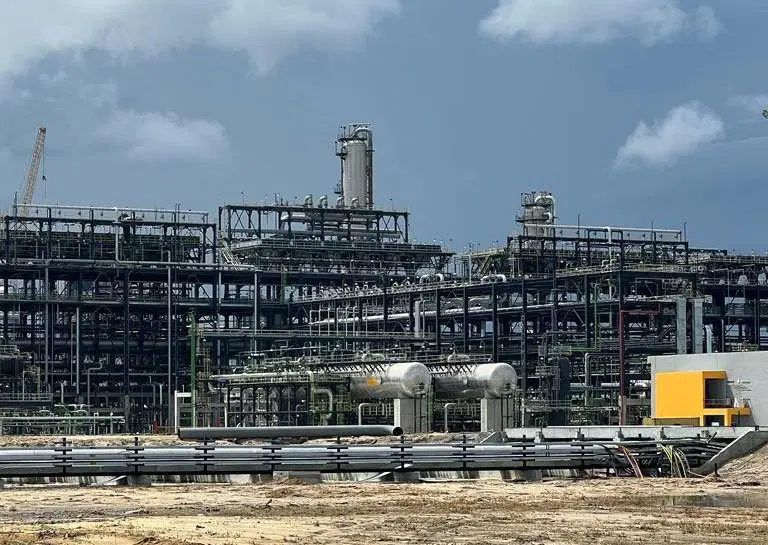The Crude Oil Refinery Owners Association of Nigeria (CORAN) has appealed for calm between Africa’s biggest refinery, Dangote Refinery, and the Depot and Petroleum Products Marketers Association of Nigeria (DAPPMAN), warning that the growing dispute could derail Nigeria’s long-awaited refining revolution.
In a statement released in Lagos, CORAN Chairman, Mr. Momoh Oyarekhua, urged all players in the downstream oil and gas sector to place national interest above personal or group rivalries. He noted that the public exchanges between Dangote and DAPPMAN over pricing, supply agreements, and market structure risk destabilizing an industry that is only just beginning to witness transformation after decades of dependence on imports.
“For years, Nigeria carried the burden of being Africa’s largest crude producer yet relied heavily on foreign refiners and middlemen for petroleum products. This drained our foreign exchange and weakened our economy. Today, with the Dangote Refinery and several modular plants in operation, the dream of refining self-sufficiency is finally within reach,” Oyarekhua said.
The CORAN chairman stressed that both refiners and marketers are vital to the new energy value chain, pointing out that neither can thrive without the other. “Refineries need marketers for storage, distribution, and last-mile delivery. Marketers, in turn, need reliable domestic supply to remain relevant. By treating each other as partners, both sides can stabilize prices, save foreign exchange, and make fuel affordable for Nigerians,” he explained.
Read Also:
- Nigerian Navy cracks down on illegal Refinery, seizes 19,000 liters of stolen crude oil in Rivers
- Army, Tantita Security arrest truck laden with crude oil in Delta
- NSCDC seizes 70,000 Litres of stolen Crude Oil in Port Harcourt
He acknowledged the crucial roles both groups have played in Nigeria’s energy journey. While DAPPMAN members kept products available during the era of import dependence, the Dangote Refinery and local modular plants are now driving self-sufficiency, creating jobs, and reducing pressure on foreign reserves.
“What Nigeria cannot afford is for vested interests to derail this refining renaissance,” Oyarekhua warned. “This is not the time for division but for innovation, collaboration, and partnership. Our refining revival is too important to be threatened by disputes.”
CORAN reaffirmed its commitment to fostering dialogue across the downstream sector and insisted that unity between Dangote, DAPPMAN, and other stakeholders is the only way to secure Nigeria’s energy future.






